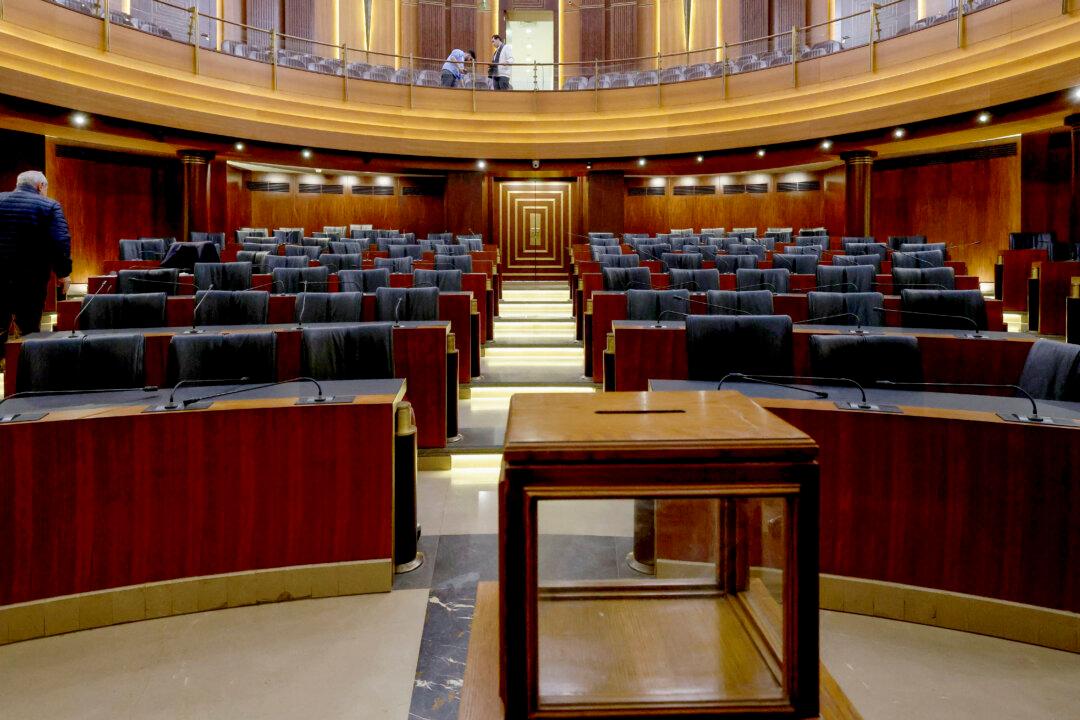Lebanon is forming its first full-fledged government since 2022 as the embattled nation seeks to diminish the power of Hezbollah and eject Israeli forces from its southern region.
Lebanese President Joseph Aoun announced on Feb. 8 that he had accepted the resignation of the caretaker government and signed a decree recognizing the new government with Prime Minister Nawaf Salam at its head.




